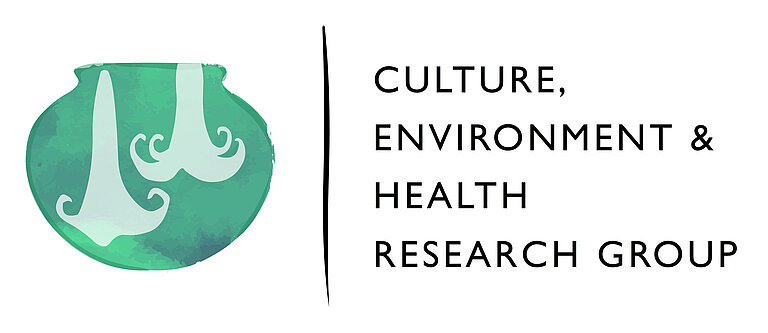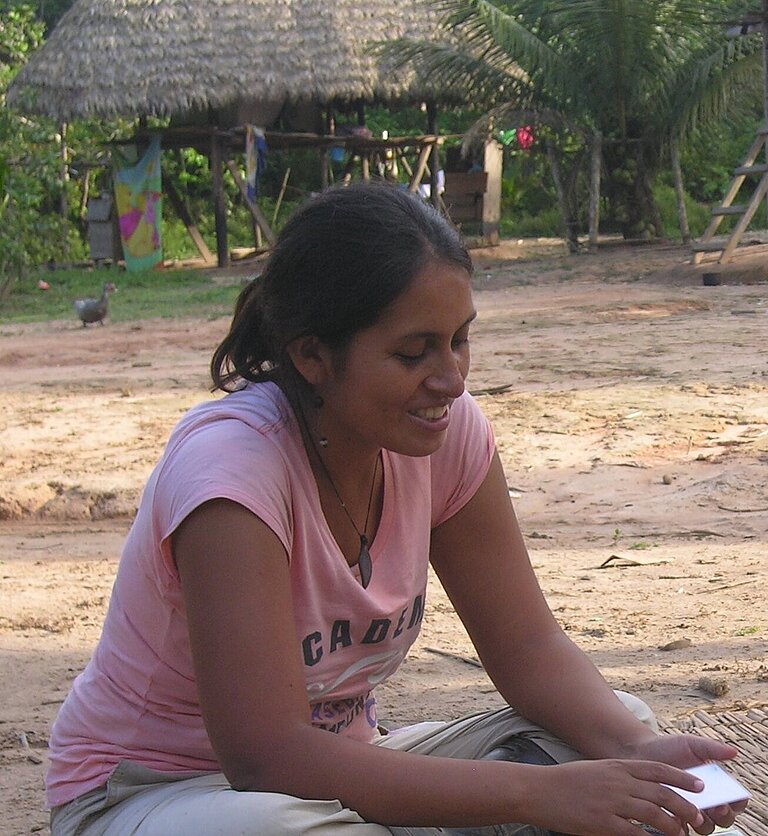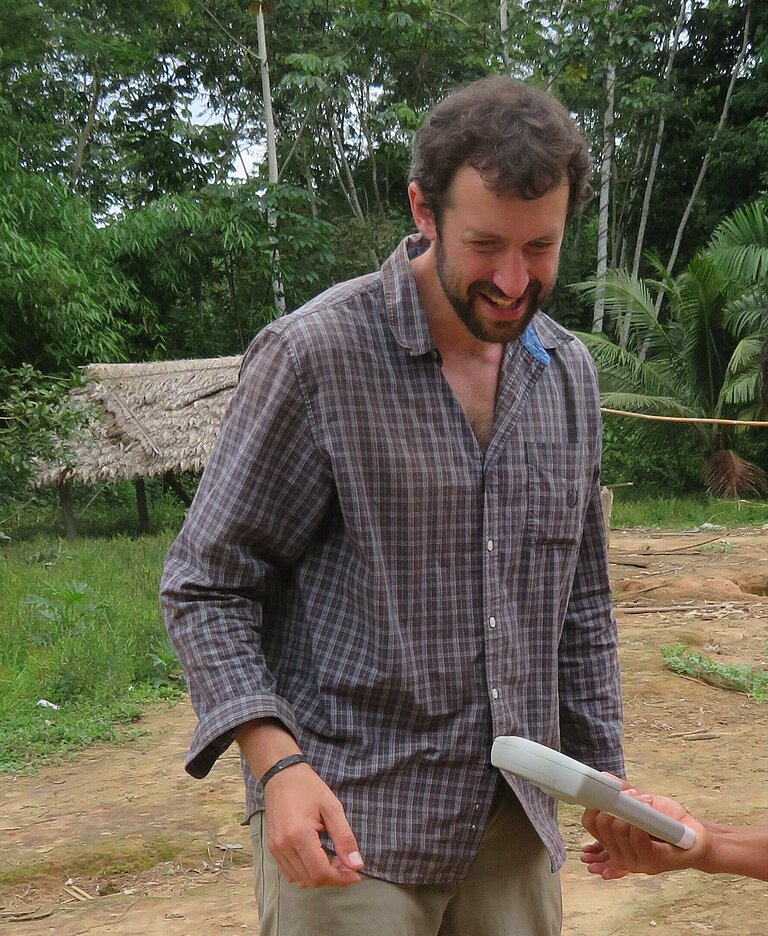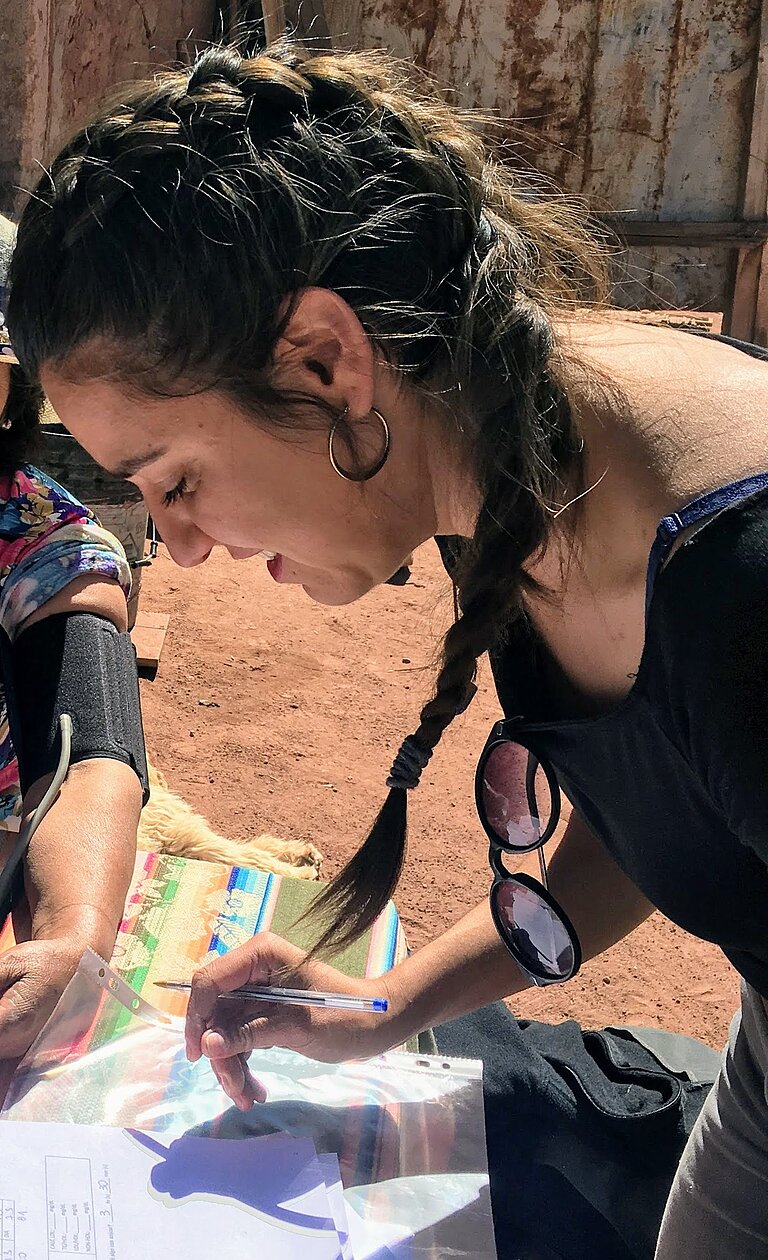
The Culture, Environment, and Health Research Group (started November 2020) investigates how the dynamics of cultural norms, perceptions of the environment, and subsistence practices impact health and the concept of wellbeing, particularly in societies with low-intensity integration into the global market economy. One objective is to understand how inter-group interaction affects health, as mediated through environmental perceptions, thereby shedding light on its important role in the evolutionary history of our species. A second objective is to better understand the healthcare needs of local communities, paying attention to their particular conceptions of wellbeing.
Motivation
The extraordinary human capacity for social learning has allowed us to adapt culturally to nearly all terrestrial biomes and has contributed to the fact that much of the cultural diversity of our species is structured in groups (e.g., ethnic or cultural groups). An important dimension of the diverse cultural adaptations developed by different human populations entails the production of food and the maintenance of health through interactions with the environment. Such environmental behavior is itself partially a product of people’s conceptions of the world(s) around them, and of what it means to be “healthy”. These conceptions are not static. Rather, they continually change over time, both as a result of intra-group processes and, importantly, as a result of interaction between members of culturally-distinct groups, which has likely been a feature of human social life for at least the last 40,000 years. Thus, to better understand temporal patterns in indicators of health and nutrition across diverse human populations, we require a better understanding of how and why perceptions of the environment and of well-being change, what is the role of inter-group interaction in this change, and how such perceptions, in turn, lead (or not) to behavioral changes in lifestyle and subsistence practices that impact health.
Approach
Our current work focuses on rural indigenous and Colono (Mestizo) populations in Amazonian Peru. We rely heavily on intensive long-term fieldwork in collaboration with local communities. This entails ethnographic participant observation, formal and informal interview techniques, and measurement of non-invasive biomarkers (e.g., height and weight) and nutritional intake. We use these qualitative and quantitative data to develop theory of the linked dynamics of culture and health.
See here for a description of the Peruvian communities that we work with:
https://www.eva.mpg.de/ecology/fieldwork/matsigenka-and-colonos.html
Who we are



Publications foundational to the group
Bunce, JA (2020) Field evidence for two paths to cross-cultural competence: implications for cultural dynamics. Evolutionary Human Sciences 2(e3):1-16.
https://doi.org/10.1017/ehs.2020.1
Revilla-Minaya, C (2019) Environmental Factishes, Variation, and Emergent Ontologies among the Matsigenka of the Peruvian Amazon. Ph.D. Dissertation, Department of Anthropology, Vanderbilt University, Nashville, USA. https://ir.vanderbilt.edu/handle/1803/10434
Bunce, JA and R McElreath (2017) Inter-ethnic interaction, strategic bargaining power, and the dynamics of cultural norms: a field study in an Amazonian population. Human Nature 28(4):434–456.
https://link.springer.com/article/10.1007/s12110-017-9297-8
Interested in working with us?
We are always happy to hear from students and researchers who work at the interface of cultural dynamics, environmental perceptions, and/or health. At present, opportunities for postdocs and Ph.D. students in our group are limited, but feel free to contact Caissa (caissa_revilla@[>>> Please remove the text! <<<]eva.mpg.de) or John (john_bunce@[>>> Please remove the text! <<<]eva.mpg.de) with questions or to discuss possibilities.